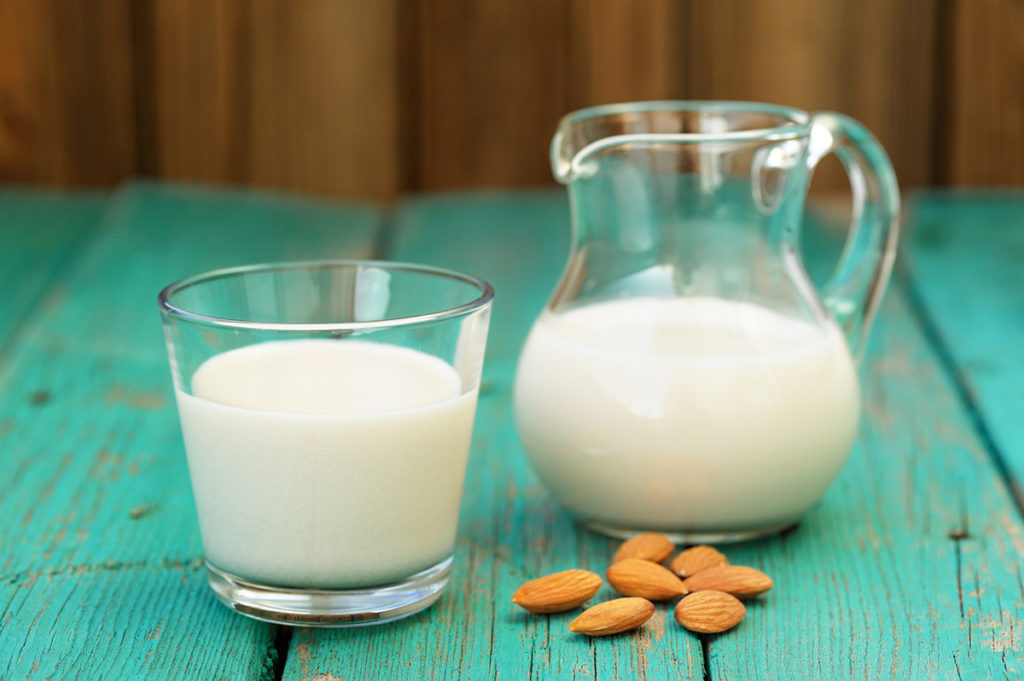Is milk heathy?
Milk, at one time, was considered the ‘perfect food.’ And now we ask, is it even healthy? According to Canada’s new food guide, the answer is, “maybe not.” The food guide was last updated in 2007, and the recently published version was three years in the making.
Notably, the new guide does not recommend a daily dose of milk. Rather, it suggests that Canadians structure their plates with: 1⁄2 fruits and vegetables, 1⁄4 starches or grains, and 1⁄4 protein.
Plant-based dairy-alternatives sales surging.
Nowhere is dairy singled out, it is just a possible component of the ‘protein category.’ This decision on Canada’s part is in keeping with all the trends we are seeing, as consumers opt against milk for health, environmental, and ethical reasons. And it shows: milk sales are way down.
In the US market, in fact, milk sales went down 6% in 2018 according to Nielsen Data commissioned by the Plant Based Foods Association. Data from that same report shows, on the other hand, that sales of plant-based milks grew by 9% over the same period.
Sales of other plant-based dairy alternatives soared as well: plant-based butter grew 23%, cheese 43%, yogurt 55%, and creamer an astounding 131%. This growth is incredible, and we are so excited to continue driving it forward through our work with clients and their exceptional, innovative products in the dairy alternative category.
According to the article, “Dr. Jenkins, the man who created the Glycaemic Index in the 1980s, and now follows a plant-based diet for environmental reasons,” is quoted:
“I think [the guide] is moving in a plant-based direction, which will ruffle some feathers, but I think that’s the direction it needs to go.”
Click here to read bbc.com’s full article, Is milk healthy? Canada’s new food guide says not necessarily, published January 22, 2019.
